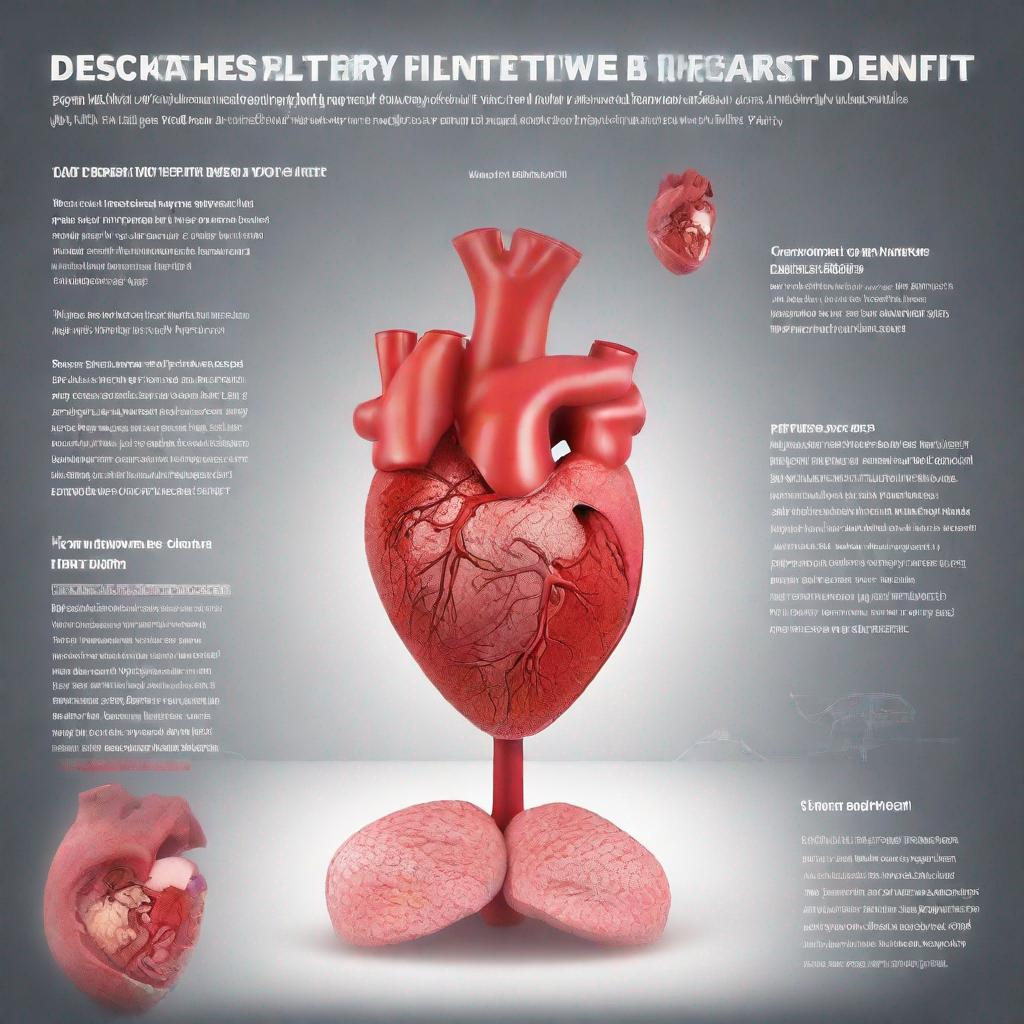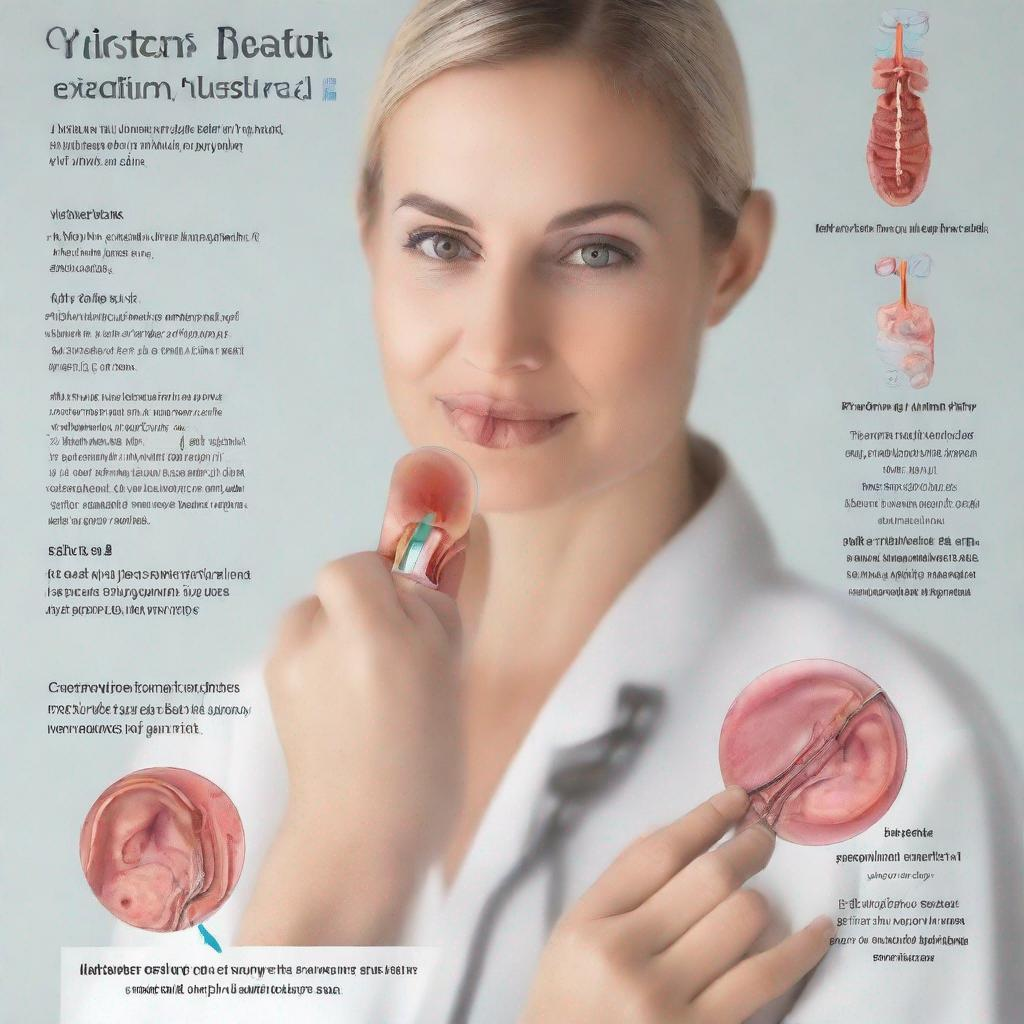## Hypertensive Heart Disease: A Comprehensive Guide
**Introduction**
Hypertensive heart disease, also known as hypertensive cardiovascular disease, is a condition characterized by the damage to the heart and blood vessels due to persistently high blood pressure (hypertension). Hypertension puts strain on the heart and blood vessels, leading to a range of symptoms and complications.
**Symptoms**
The symptoms of hypertensive heart disease can vary depending on the severity of the condition and may include:
* Chest pain (angina)
* Shortness of breath
* Dizziness or lightheadedness
* Fatigue
* Headache
**Diagnosis**
Hypertensive heart disease is diagnosed through a physical examination, medical history, and tests such as:
* **Electrocardiogram (EKG)**: Records the electrical activity of the heart and can detect heart abnormalities.
* **Echocardiogram**: Uses ultrasound to visualize the heart and assess its function.
* **Stress test**: Monitors the heart’s response to exercise or medication.
* **Cardiac catheterization**: Involves threading a thin tube through the arteries to the heart to measure blood pressure and assess blood flow.
**Causes**
The exact cause of hypertension is often unknown, but it is believed to be influenced by factors such as:
* Family history
* Obesity
* Lack of physical activity
* High salt intake
* Smoking
* Certain medical conditions (e.g., kidney disease, thyroid problems)
**Prevention**
Preventing hypertensive heart disease involves adopting a healthy lifestyle, including:
* Maintaining a healthy weight
* Exercising regularly
* Eating a balanced diet low in salt
* Avoiding smoking
* Controlling stress
**Treatment**
Treatment for hypertensive heart disease typically involves a combination of medications and lifestyle modifications:
**Medications:**
* **Antihypertensives**: These drugs lower blood pressure and include ACE inhibitors, beta-blockers, calcium channel blockers, and diuretics.
* **ACE inhibitors**: Block an enzyme that constricts blood vessels.
* **Beta-blockers**: Slow the heart rate and reduce blood pressure.
* **Calcium channel blockers**: Relax blood vessels and lower blood pressure.
* **Diuretics**: Increase urine output and lower blood pressure.
**Lifestyle Modifications:**
* **Diet**: Focus on fruits, vegetables, whole grains, and lean protein. Reduce salt intake.
* **Exercise**: Engage in moderate-intensity exercise for at least 150 minutes per week.
* **Weight loss**: If overweight or obese, losing weight can help lower blood pressure.
* **Smoking cessation**: Quitting smoking significantly reduces the risk of hypertensive heart disease and other cardiovascular complications.
**Complications**
Uncontrolled hypertension can lead to several complications, including:
* **Heart failure**: Persistent high blood pressure can weaken the heart muscle and lead to heart failure.
* **Stroke**: Hypertension increases the risk of stroke by damaging blood vessels in the brain.
* **Kidney disease**: High blood pressure can damage the kidneys, leading to kidney failure.
* **Aortic dissection**: This is a life-threatening condition where the aorta, the body’s largest artery, tears.
* **Peripheral artery disease**: Hypertension can narrow blood vessels in the legs and other parts of the body, leading to peripheral artery disease.
**Prognosis**
The prognosis for hypertensive heart disease depends on the severity of the condition and the individual’s overall health. Early diagnosis and treatment can help prevent or minimize complications. Regular monitoring of blood pressure and adherence to treatment plans are crucial for managing the condition and improving health outcomes.



